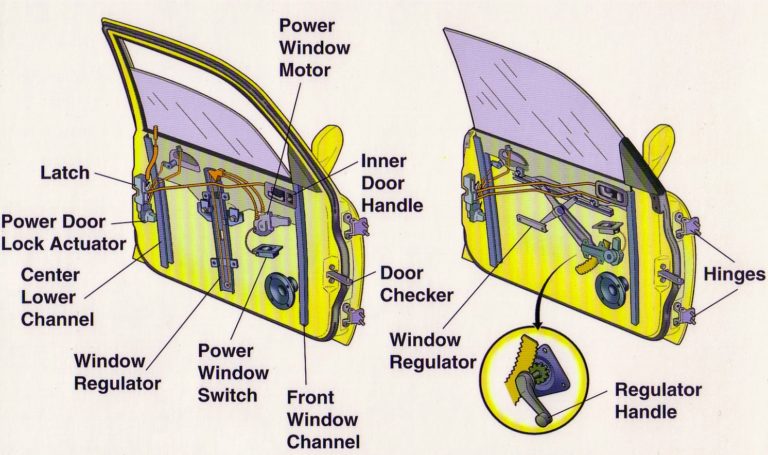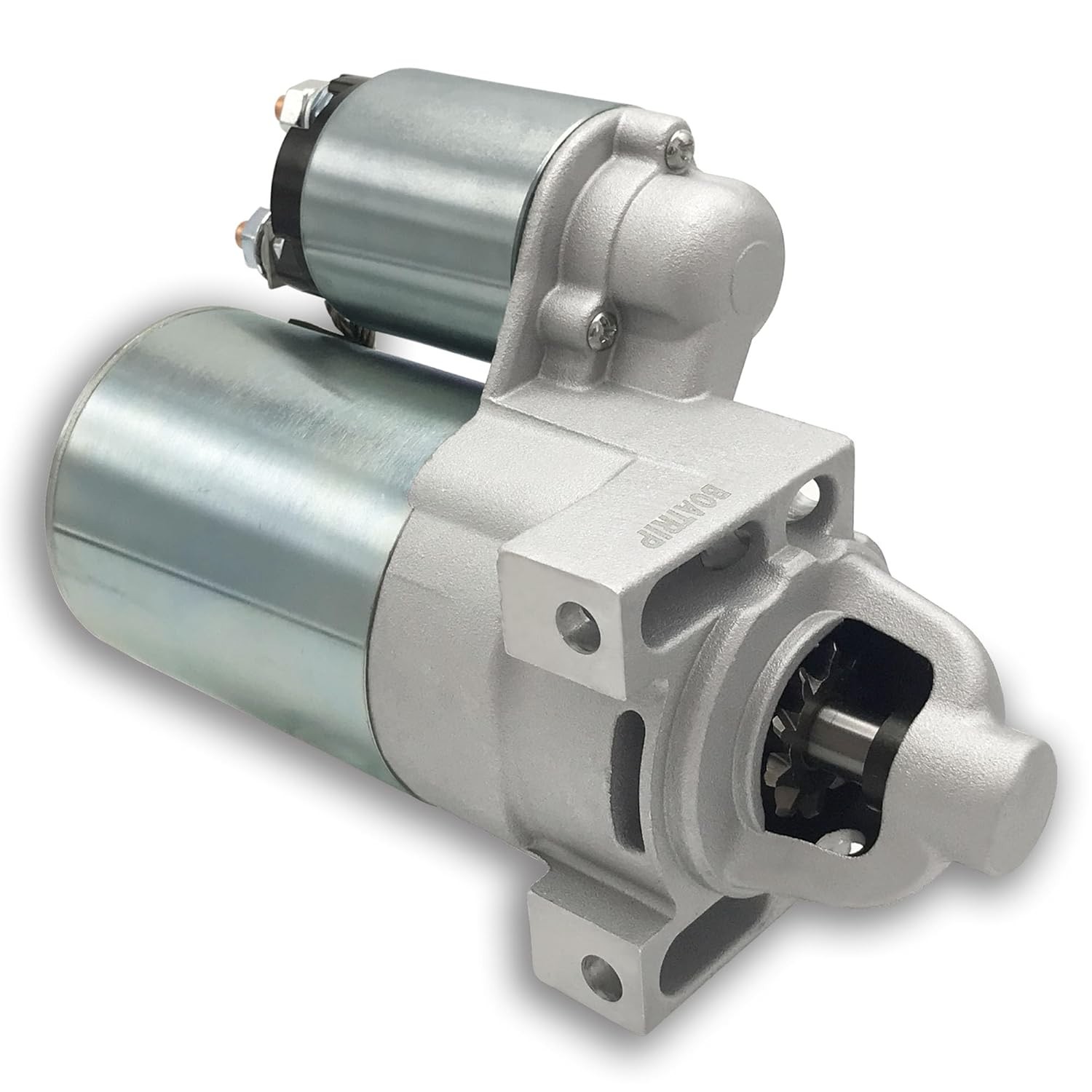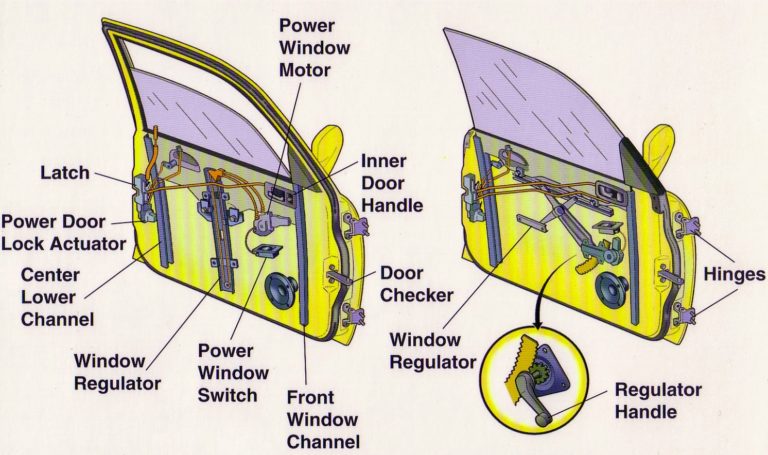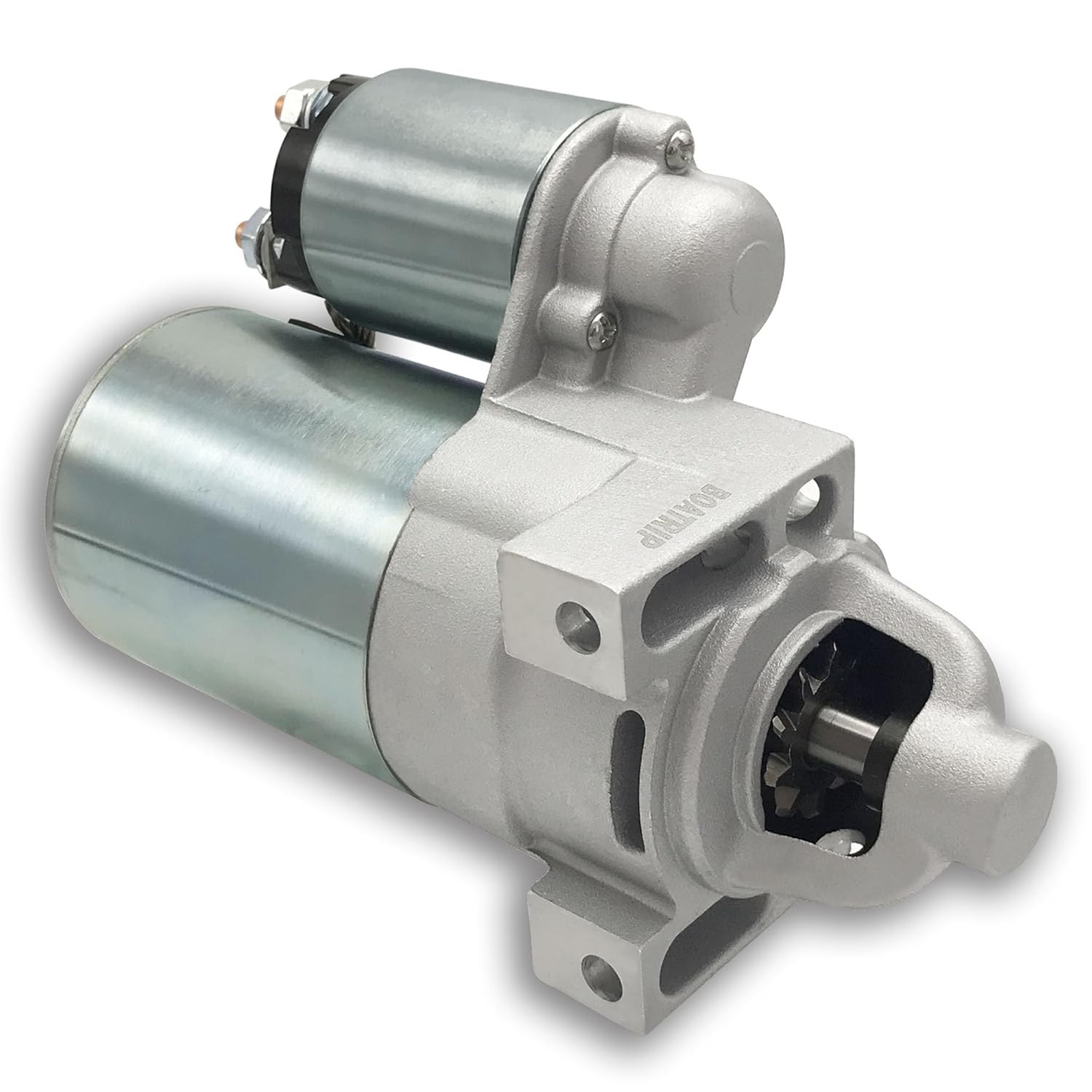Dry Dock Test: Learning to Start a Boat Motor Out of Water
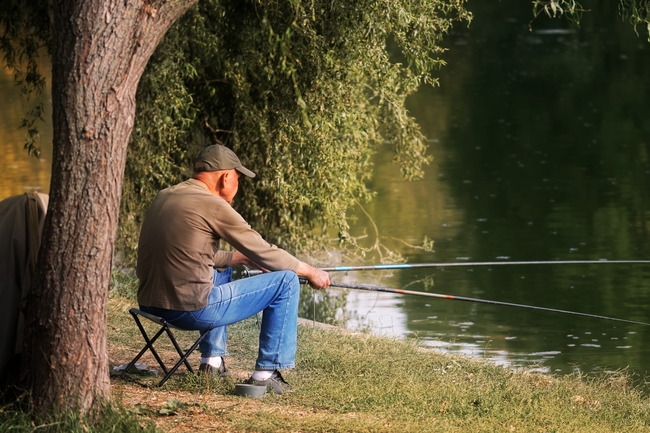
Strong 8k brings an ultra-HD IPTV experience to your living room and your pocket.
The dock was quiet on Saturday morning, with only waves gently hitting the old wooden planks and seagulls calling in the distance. The air smelled like salt and pine, a sign that summer was finally here. My dad and I were up early, getting our boat "Wave Runner" ready for its first fishing trip of the season. After sitting covered in the garage all winter, the boat looked a little rough—dust covered its blue sides, and spiderwebs filled the seat corners—but we’d already cleaned it up. The seats were scrubbed, windows polished, and tackle boxes organized. Now, there was one big step left: testing the motor out of water before launching.
"Can’t just put it in the lake without checking first," Dad said, setting a large blue bucket under the motor with a clatter. He wiped his greasy hands on his old denim overalls. "Last year, Uncle Mike skipped this and ended up with a broken engine halfway across the lake. Sat there for three hours waiting for a tow. We’re not doing that." I nodded, even though I didn’t fully get why starting the motor on dry land mattered. Boats belong in water, right? But Dad knows boats—he’s been fixing them since he was my age—so I trusted him.
I’d helped with the easy stuff: scrubbing mildew off the seats, replacing cracked cup holders, and untangling fishing nets that had knotted themselves over winter. But working on the motor was new to me. Dad noticed me hanging back. "C’mon, kiddo, this is the important part," he said, waving me over. "You’ll need to know how to do this someday. A boat owner needs to understand their motor."
He pointed to the bucket, which he filled with water from a hose. "We need to keep the motor cool, so this bucket will be our temporary water source," he explained, adjusting the hose so water trickled into the motor’s cooling system. "Engines get really hot when they run. In the lake, water carries the heat away. But on dry land? Without water, the engine would overheat in seconds—even if it starts. That’s why this bucket’s so important today."
Nervously, I stepped to the driver’s seat. My sneakers squeaked on the clean floor. The key was in the ignition, cold against my palm as I wrapped my fingers around it. Dad stood beside me, smiling. "Go ahead. Turn it slowly, like starting a car." I took a breath and turned the key. The motor sputtered for a second, then died with a sad cough. Dad frowned, scratching his beard. "Try again, give it a little more gas. These old motors need a nudge after sitting all winter. They get stubborn, just like Grandpa."
I laughed, feeling less tense, and tried again. I pressed the gas gently while turning the key. This time, there was a loud clunk that made me jump, then silence. Only the sound of water dripping into the bucket. "Uh-oh," Dad muttered, kneeling to check the motor. He shone a small flashlight on the parts. "Starter’s acting up. Probably got gummed up with old oil over winter. Happens if you don’t run them regularly."
He stood up, wiping his hands on a rag. "Wait here," he said, walking toward the garage at the end of the dock. I kicked at a loose splinter while waiting. The sun was higher now, warming my back. I heard other boat owners arriving—voices greeting each other, trucks backing up, equipment clanging. I didn’t want to be the one with the broken boat while everyone else launched theirs.
After a few minutes, Dad came back carrying a small metal toolbox, which rattled as he walked. "Found this last month when I ordered supplies," he said, setting the box down and popping it open. He pulled out a shiny new part, silver and clean in the sunlight. "Replacement starter. Thought we might need it. Good thing I did." As he knelt down, he gestured for me to come closer. "Watch. The starter’s like the motor’s heart—without it, nothing works."
He showed me how the starter connected to the engine with gears and wires. "This little motor spins the big engine to get it going," he explained, pointing as he worked. "When you turn the key, electricity goes to the starter, which turns the flywheel, and that starts the engine. If it’s broken—gears stuck or wires corroded—nothing happens." He carefully removed the old starter, which was covered in grime and rust, and installed the new one. His hands moved quickly, tightening screws and connecting wires like he’d done it a hundred times.
After about twenty minutes, he stood up, wiping sweat from his forehead. "All right, that should do it. Your turn again. Remember—water first, then key. Go easy on the gas." I nodded, my heart beating a little faster. I checked the bucket still had water, adjusted the hose, then climbed into the driver’s seat. I wrapped my hand around the key, took a breath, and turned it slowly.
This time, the motor roared to life, making the whole boat vibrate. Water sprayed from the exhaust, arcing through the air before splashing back into the bucket. Dad threw his hands up, grinning. "Perfect! Told you it would work. This starter motor is way smoother than the old one—you can feel the difference."
We let it run for a few minutes, watching and listening. Dad pointed to the dashboard gauge, where the temperature needle stayed in the "normal" range. "See that? Temperature stays good when water’s flowing. That’s why testing out of water matters—we catch problems before they become disasters. Imagine if the starter failed in the middle of the lake? Stuck out there with no shade and only warm soda to drink."
When we turned it off, the silence felt weird after the motor’s hum. Dad disconnected the hose and emptied the bucket, while I wiped down the motor with a rag, avoiding the hot parts. "Good job today," he said, clapping my back. "You stayed calm when things went wrong and paid attention. That’s what makes a good boat owner."
Later, as we loaded the last gear—coolers with snacks, fishing rods, life jackets, and a first-aid kit—I felt proud. I’d learned more than just starting a motor that morning. I learned about patience, preparation, and checking equipment before relying on it. "Tomorrow’s launch will be easy now," Dad said, patting the motor. "Thanks to our dry dock test and a good starter, we’re ready for the lake."
I thought about how something as small as a starter motor could make or break our trip. It’s not the most exciting part of the boat—no flashing lights or cool features—but it’s one of the most important. As we locked up the dock and headed home, the sun was high, and I couldn’t wait for tomorrow. Our boat was ready, and more importantly, I felt ready too. There’s something satisfying about taking time to do things right, even when skipping steps would be easier. After all, the best adventures are the ones you’re prepared for.
Note: IndiBlogHub features both user-submitted and editorial content. We do not verify third-party contributions. Read our Disclaimer and Privacy Policyfor details.



